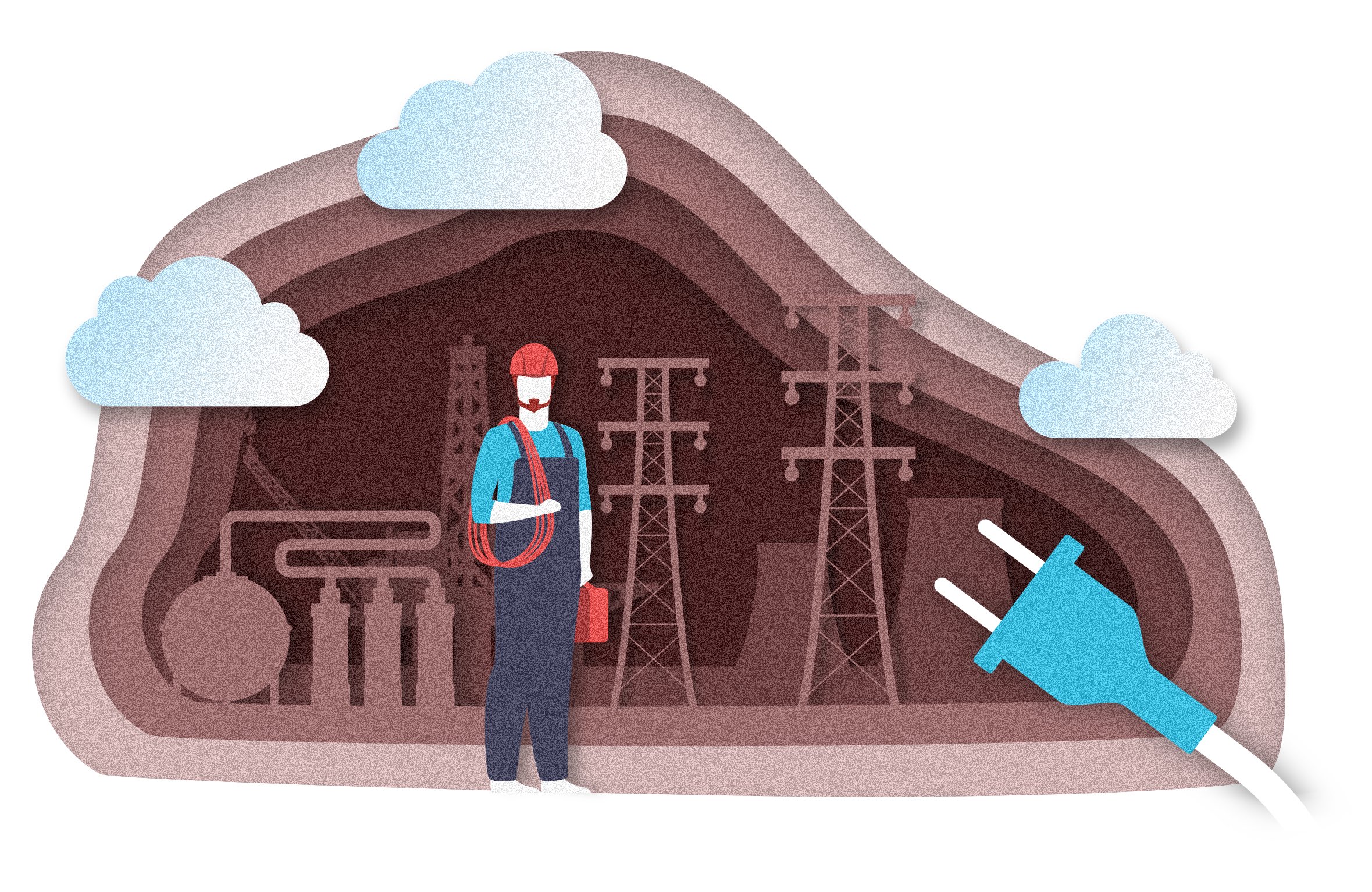White House Climate Assessment Stresses the Impact Climate Change is Already Having on the U.S.
White House Climate Assessment Stresses the Impact Climate Change is Already Having on the U.S.
The Trump administration recently released the Fourth National Climate Assessment (NCA), Volume II: Impacts, Risks and Adaptation in the United States. The administration is congressionally mandated to release this report, which is overseen by the U.S. Global Change Research Program and examines the impact of climate change on the U.S. since 2000. The NCA was last published in 2014.
The report is the result of collaboration between scientists from 13 federal departments and agencies. The message was unequivocal: climate change and its effects are already affecting the U.S and the chances of intense national disasters only stand to grow if measures aren’t taken. The report explains how global warming is “transforming where and how we live and presents growing challenges to human health and quality of life, the economy, and the natural systems that support us.” The assessment argues that steps to combat climate change must be taken “to avoid substantial damages to the U.S. economy, environment, and human health and well-being over the coming decades.”
The continental U.S. has warmed by 1.8°F over the last century, with coastlines facing sea levels nine inches higher on average. However, by 2025, the temperature could continue to increase a further 2.3°F. This increase in average temperature will have negative effects that extend beyond just more extreme temperatures. The increased warmth will impact the crop yields for key crops such as corn, wheat and soybeans. The assessment warns that “With continued growth in emissions at historic rates, annual losses in some economic sectors are projected to reach hundreds of billions of dollars by the end of the century—more than the current gross domestic product (GDP) of many U.S. states.”
The report specifically remarks on the future of the energy sector, noting that the displacement of coal by natural gas and the increased adoption of renewable energy among many states has had an impact in reducing greenhouse gas emissions. However, these state and regional measures are still not enough to counteract the negative impacts of climate change, noting that “While these adaptation and mitigation measures can help reduce damages in a number of sectors, this assessment shows that more immediate and substantial global greenhouse gas emissions reductions, as well as regional adaptation efforts, would be needed to avoid the most severe consequences in the long term.”
To view the report in full, click here: https://nca2018.globalchange.gov/



